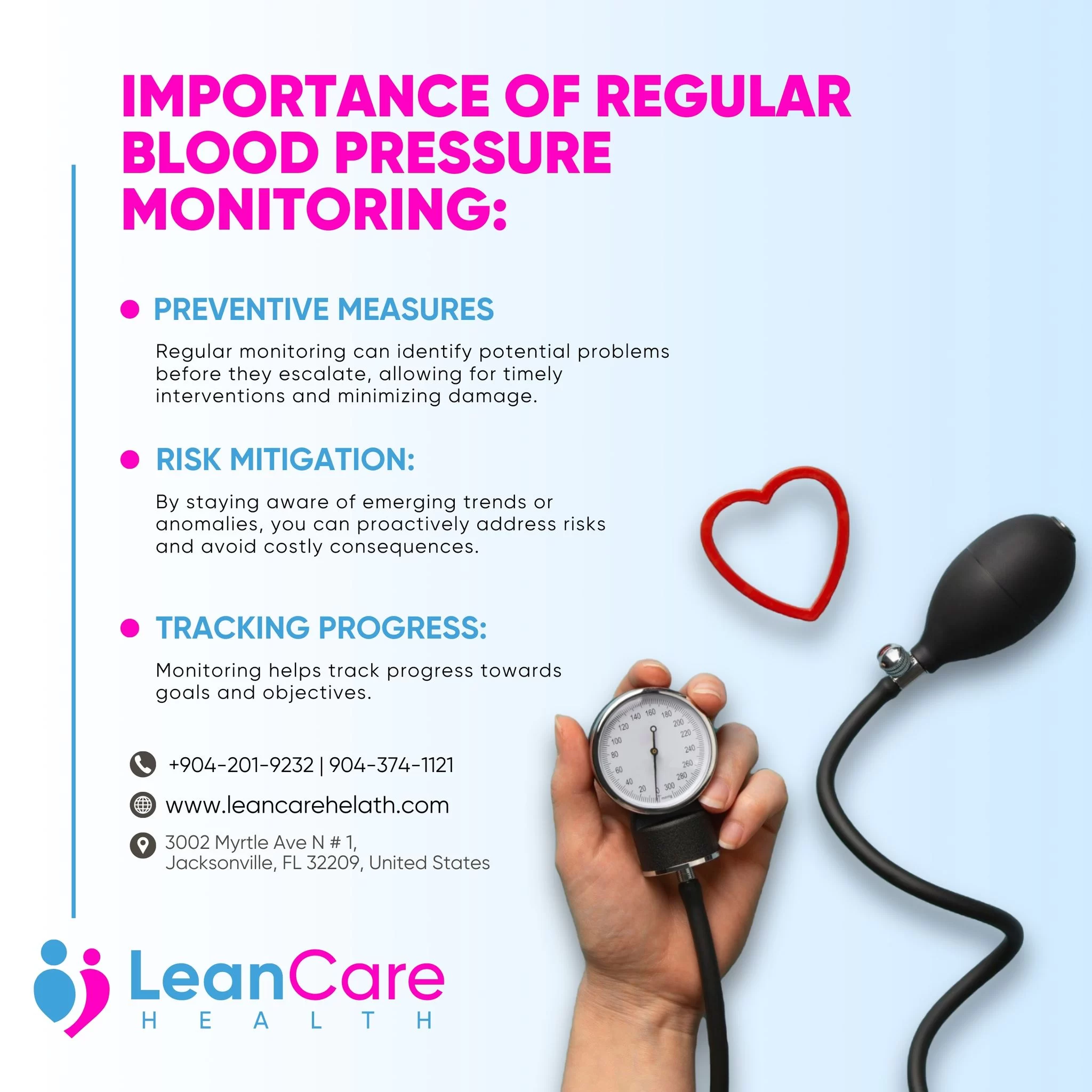Discover how family history and genetics influence prostate cancer risk. Learn about genetic factors, the importance of early screening, and proactive health management strategies to safeguard your health. Stay informed for better outcomes!
David’s journey
David was always amazed by the powerful men in his family. Unluckily, though, the clouds of trouble came in when his father was diagnosed with prostate cancer, which was also a reason for David’s worry. Not only did their shared history weigh down on him, but David also carried the burden of responsibility to his relatives. They were all ignorant of the genetic link and usually thought the disease was just a matter of old age. With each family gathering, David felt the weight of their shared history pressing down on him. After researching and discussing it with family members, he learned more about the genetics of prostate cancer. He realized that understanding his risk was the first step toward proactive health management.
What is the Connection Between Family History and Prostate Cancer?
Prostate cancer is the most prevalent cancer among men, and it is highly affected by family history, in addition to the genetic aspects. Among sons, a man whose father or brother had prostate cancer has one in six chances of getting the disease. Prostate cancer is a significant health concern for men, and understanding its connection to family history is crucial for risk assessment. Research has shown that individuals with a family history of prostate cancer are at a higher risk of developing the disease themselves.
What are the Genetic Factors that Make it Worse?
Specific genetic anomalies, such as mutations in the BRCA1 and BRCA2 genes, have a more significant influence on the probability of developing prostate cancer. Men with these variations, studies say, can have more lethal prostate cancer. Genetic testing allows early identification of those at a higher risk, making it easy for them to get the necessary care and prevention.
Common Signs of Prostate Cancer
Prostate cancer may not present noticeable symptoms in its early stages, which is why regular screening is crucial for early detection. However, individuals may experience several signs that warrant attention as the disease progresses. Common symptoms include:
- Problems with the normal urination process
- The presence of blood in the urine or semen
- The occurrence of pain in the lower back, hips, or pelvis
- Painful Urination or Ejaculation signals prostate problems, necessitating further evaluation
Awareness of these symptoms is crucial for timely diagnosis and treatment.
Proactive Health Management for Men at Risk of Prostate Cancer
If you are at risk for prostate cancer due to family history, taking proactive steps to care for yourself is essential for early detection and prevention. Here are crucial tips:
- It would be best to communicate regularly with your healthcare provider about your family history and any symptoms you may experience. Your doctor may recommend more frequent screenings, such as prostate-specific antigen (PSA) tests and digital rectal exams, starting at an earlier age than the general population.
- Focus on a balanced diet rich in fruits, vegetables, whole grains, and healthy fats while limiting red and processed meats.
- Regular physical activity is also crucial; aim for at least 150 minutes of moderate exercise each week to maintain a healthy weight and support overall well-being.
Taking Charge of Your Health
Please don’t wait until it’s too late! If you have concerns about prostate cancer due to family history or genetics, reach out to us at https://leancarehealth.com/contact-us/. To learn more, follow us on Facebook at https://www.facebook.com/profile.php?id=61558545751469 and Instagram at https://www.instagram.com/leancarehealth/
